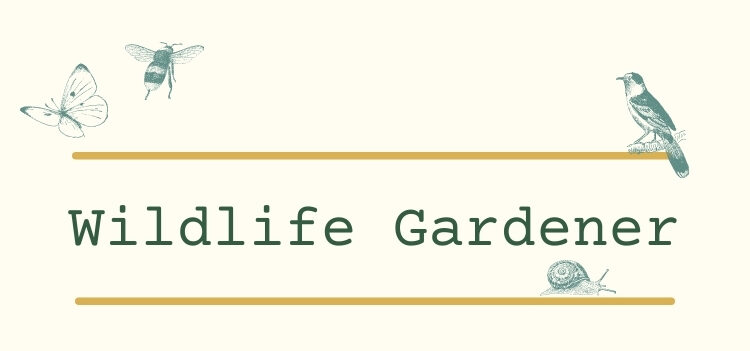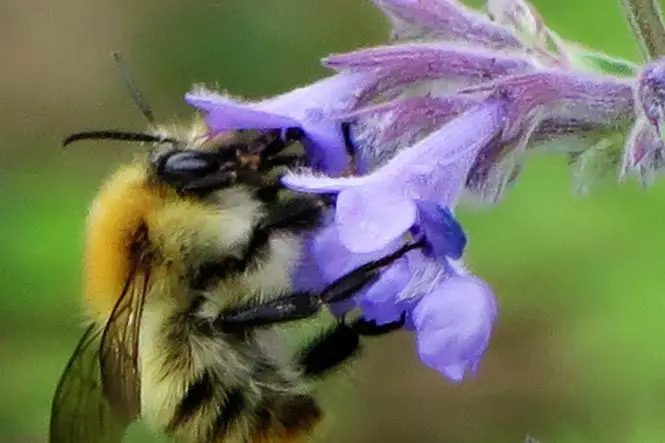Whilst the thought of bees fills many people with fear because of their capacity to sting, people with gardens are only too aware of the fundamental importance of having bees in the garden as they are natural pollinators of crops. However, they have far more uses than that as they also produce honey and beeswax. Such is their importance and value that many people choose to take up beekeeping both as a hobby and, in some cases, as a commercial venture and there are over 12,000 members who belong to the British BeeKeeping Association (BBKA).
The Benefits of Beekeeping
There are obvious benefits to beekeeping, as have already been mentioned. Your wildlife garden will thrive if you keep bees as they are great pollinators and as well as producing delicious honey in the beehives, you can use beeswax for a whole variety of applications such as for polish and for making candles out of. Beeswax is also used for coating wine gums to stop them sticking together! On a more serious note, however, many people choose to keep bees much in the same way as others choose to observe birds or to encourage other wildlife into the garden in that they are simply fascinated by these creatures and many beekeepers would argue that because of the concentration needed in beekeeping, it is a great hobby for taking your mind off other things.
Wouldn’t I Need A Big Garden To Keep Bees?
Most of the beekeepers featured on TV and in the media tend to be located on beekeeping farms but it is perfectly legal and acceptable in the UK to keep bees in your own garden and your garden doesn’t have to be that big. In fact, some types of bees fare better in more confined areas. It does, of course, help if you have some prior knowledge of keeping bees and that your nearby neighbours are aware of what you intend doing, but apart from that, there’s absolutely no reason why you shouldn’t keep bees in your wildlife garden as they are one of nature’s true ‘friends’.
Getting Started In Beekeeping
Buy a couple of beekeeping books and seek out further advice from the BBKA’s website. You’ll probably find that there’s a local beekeepers’ association not far from where you live. It’s a good idea to get involved with that, in addition to picking up tips from more experienced beekeepers, you can also take courses in beekeeping ranging from basic level to intermediate up to senior. Beyond that, you can even study for a National Diploma in Beekeeping if you want to become even more of an expert and it’s well recommended to enrol on a course if you’re serious about beekeeping.
How Much Does it Cost to Get up and Running In Beekeeping?
The cost of keeping bees and beehives all depends on whether you buy old or new equipment and whether you intend building your own beehive or buying one. You’ll need to consider beehives, beekeeping clothing, the cost of the bees themselves, smokers and processing equipment and other tools, but it is possible to get started in beekeeping with around £200 to £300 for one colony of bees and one beehive in your garden.
Beekeeping for the wildlife garden is quite technical as a hobby, there is much to learn and many considerations to think about but if you are determined, it can be a very pleasurable and rewarding pastime. To find out more, visit the BBKA website and contact your local beekeepers’ association.

